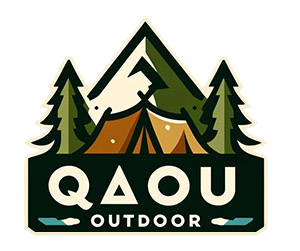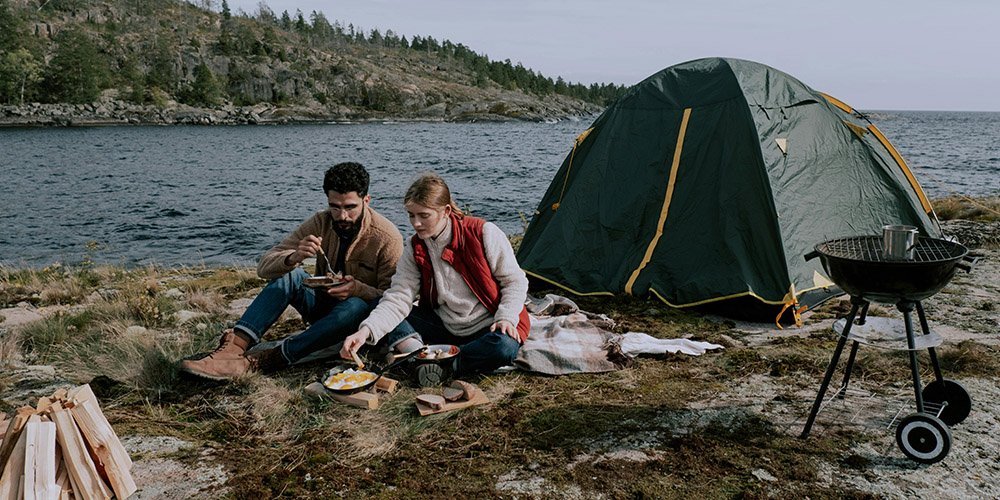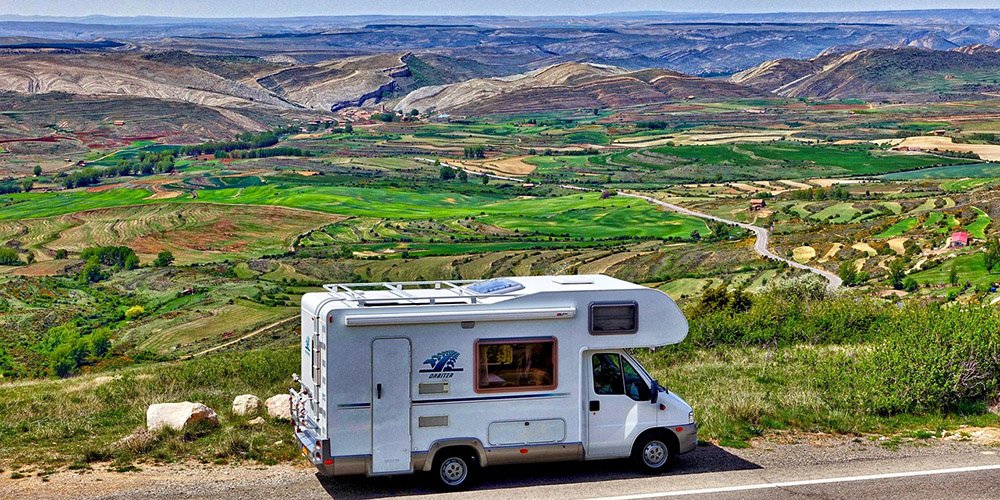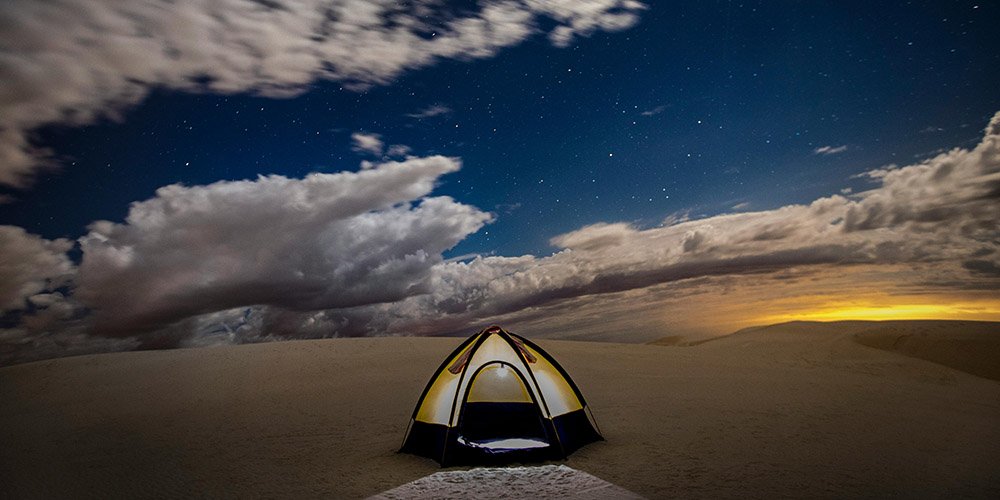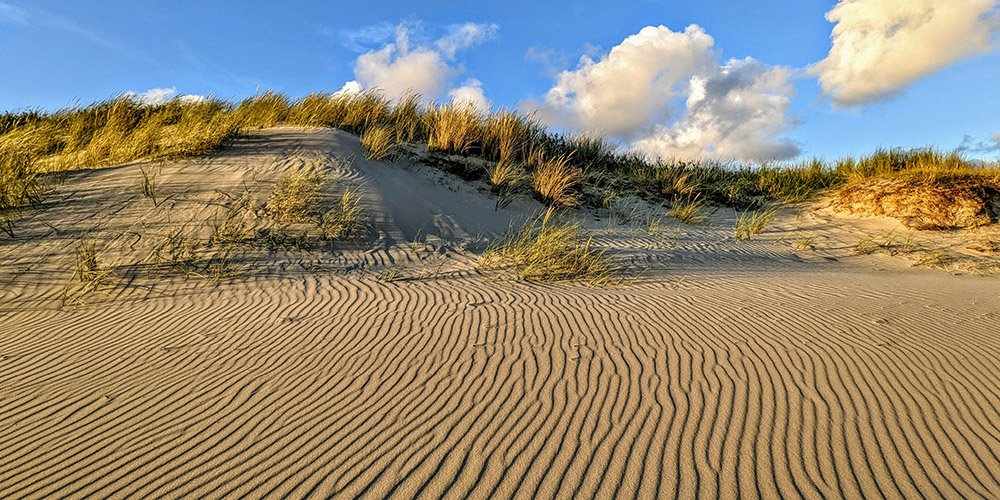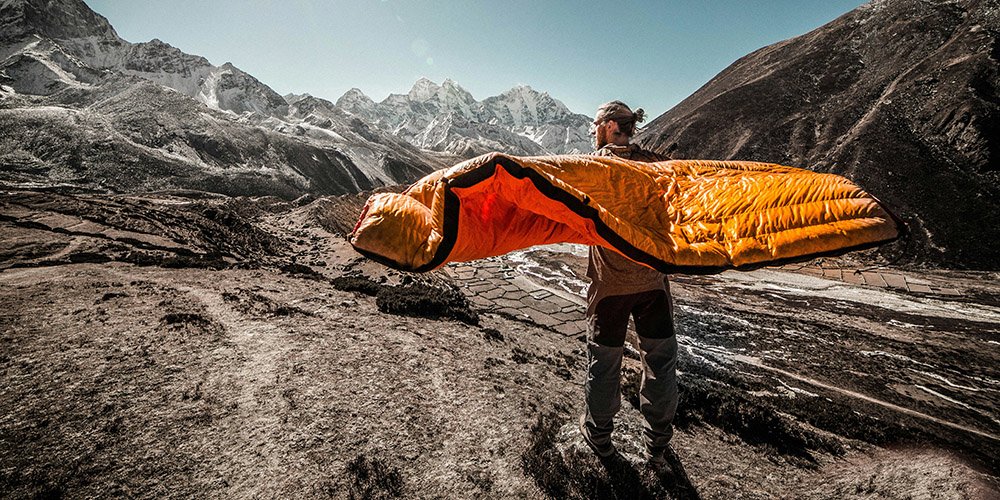Camping for Beginners: Our Ultimate Guide
Welcome to the world of camping! If you’ve never set foot outside a city park, you’re in for a delightful discovery. Camping is more than just sleeping outdoors; it’s a way to reconnect with nature, step away from the daily grind, and create memorable adventures. Whether it’s the peacefulness of a sunrise over a misty lake or the thrill of cooking your meal over a crackling fire, camping offers endless joys and surprises.
For beginners, the thought of camping might seem daunting. Fear not! This guide is designed to demystify the experience and provide you with the confidence to plan your first trip. Remember, every seasoned camper was once a beginner, and the adventure spirit thrives on trying new experiences. So pack your enthusiasm along with your gear, and let’s embark on this exciting journey together!
Planning Your Camping Trip
Steps to Choose Your Destination and the Best Times to Go
Choosing the right destination is crucial for a successful camping trip. Consider what you want to experience: Are you looking for a quiet getaway by a lake, or are you eager for mountain adventures? Research parks and campgrounds in your desired area, and consider visiting during off-peak times to avoid crowds. Each season offers unique attractions, from wildflowers in the spring to colorful foliage in the fall.
Tips on Booking Campsites and Checking Availability
Once you’ve picked a destination, booking your campsite is next:
- Use Online Resources: Websites like ReserveAmerica or the official sites of national and state parks can be invaluable for finding detailed information on campsites and amenities.
- Book Early: Popular spots can fill up quickly, especially in peak seasons. Booking several months in advance is often wise.
- Understand the Facilities: Check if the campsite has the amenities you need, such as water access, bathroom facilities, and fire pits.
Choosing the Right Campsite
Tips on Selecting the Best Location
- Look for Natural Shelter: Opt for sites with natural windbreaks like bushes or trees. Avoid low spots that could collect rainwater.
- Consider Proximity to Water: Being near a water source is convenient for cooking and cleaning, but not too close to avoid dampness and insects.
Considerations for Different Camping Styles
- Tent Camping: Seeks simplicity and a direct connection with nature. Choose a site with a flat spot for your tent.
- RV Camping: Requires sites with specific RV accommodations like hookups and larger parking spaces.
- Backcountry Camping: For the more adventurous, this involves hiking into remote areas. It requires thorough preparation and adherence to safety guidelines.
Also read: Is Camping a Hobby? Benefits and Challenges to Expect

Essential Gear and Supplies
Proper gear is crucial for a comfortable and safe camping experience. Here’s a list of must-have items for first-time campers, along with some tips on how to choose quality gear affordably:
Must-Have Items for First-Time Campers
- Tent: Your shelter from the elements. Look for one with a rainfly and groundsheet. Read more about how to choose your tent.
- Sleeping Bag: Choose one suitable for the season; warmer bags for cooler temperatures.
- Cookware: A basic set including a pot, pan, utensils, and a portable stove if you plan to cook hot meals.
Advice on Choosing Quality Gear That Won’t Break the Bank
- Research: Read reviews and compare products to find the best value for money.
- Buy Off-Season: Purchase gear during off-season sales for better deals.
- Consider Second-Hand: Check out used gear from reputable sources—it’s often well-cared-for and significantly cheaper.
Make sure to read our extended list of camping must-haves!
Setting Up Your Campsite
Setting up your campsite efficiently can enhance your comfort and safety. Here’s a step-by-step guide to setting up your tent and organizing your campsite:
Step-by-Step Guide on Setting Up a Tent
- Choose Flat Ground: Look for a level spot without rocks or roots.
- Lay Down a Groundsheet: This protects the bottom of your tent.
- Assemble the Tent: Follow the manufacturer’s instructions to put your tent together.
- Secure the Tent: Use stakes and guy lines to secure your tent firmly against wind.
If you are camping in winter, read about how to insulate your tent.
Best Practices for Organizing a Functional Campsite
- Cooking Area: Set up a designated area for cooking, away from the sleeping area to keep food smells separate and to reduce the risk of attracting wildlife.
- Storage: Keep your gear organized and protected from the elements. Use containers or hang items to keep them off the ground.
- Waste Management: Have a plan for handling trash and waste water.
Also read our complete guide on Camping Setup!

Campfire Safety and Etiquette
A campfire is a quintessential part of the camping experience. Here’s how to enjoy it safely:
How to Safely Build and Extinguish a Campfire
- Follow Regulations: Always check local regulations to see if campfires are allowed.
- Safe Location: Build fires in a fire ring or pit, away from overhanging branches.
- Extinguishing: Thoroughly douse your fire with water, stir the ashes, and douse again. Ensure it’s cold before leaving.
Importance of Following Local Fire Regulations
- Protection of the Environment: Regulations are often in place to prevent forest fires and protect wildlife habitats.
- Legal Compliance: Ignoring fire regulations can result in fines or other legal consequences.
By preparing properly with the right gear, setting up your campsite strategically, and following safety protocols, especially regarding campfires, you can ensure a safe, enjoyable, and environmentally responsible camping trip.
Cooking and Food Storage
Preparing meals while camping can be a rewarding part of your adventure if you plan correctly. Here’s how to cook delicious camp meals and store your food safely:
Simple, Delicious Recipes Ideal for Camping
- One-Pot Pasta: Cook pasta with a can of diced tomatoes, herbs, and pre-cooked sausage for a quick meal.
- Campfire Chili: Prep the ingredients at home and heat at the campsite for a hearty dinner.
- Foil-Wrapped Veggies and Proteins: Wrap vegetables, fish, or meat in foil with seasonings and place on coals to cook.
Techniques for Storing Food to Keep Wildlife Away
- Use Bear Canisters: In bear country, store all food and scented items in bear-resistant canisters.
- Hang Your Food: Use a rope to hang food bags from a tree branch, at least 10 feet off the ground and 4 feet from the trunk.
- Keep a Clean Campsite: Always clean up food scraps and grease to avoid attracting wildlife.

Navigating through nature is an essential skill for campers. Here are some tips on using a compass and map, plus hiking safety:
Basics of Using a Compass and Reading a Map
- Orient Your Map: Make sure your map is oriented to the landscape around you, using a compass to align north on the map with magnetic north.
- Understand Map Symbols: Learn what different symbols and colors represent on your map to effectively navigate.
Essential Hiking Tips for Safety and Enjoyment
- Plan Your Route: Know your trail and its difficulty level before setting out.
- Stay Hydrated: Always carry enough water and know where you can refill along your route.
- Dress Appropriately: Wear suitable footwear and layers that can be adjusted as needed.
Wildlife and Environmental Awareness
Interacting with nature and wildlife responsibly ensures the preservation of our natural spaces:
How to Interact Safely with Wildlife
- Keep a Safe Distance: Enjoy observing wildlife from a distance. Do not attempt to feed or approach them.
- Store Food Safely: As mentioned, securing your food prevents attracting animals to your campsite.
Leave No Trace Principles to Protect the Outdoors
- Plan Ahead and Prepare: Minimize impact by planning your trip carefully and sticking to trails.
- Dispose of Waste Properly: Carry out all trash, leftover food, and litter, or use designated disposal areas.
- Respect Wildlife and Other Visitors: Be considerate of other users and the wildlife you encounter.
By following these guidelines, you can enjoy the great outdoors while ensuring it remains beautiful and intact for future adventurers.

Handling Emergencies
Being prepared for emergencies is crucial for any camping trip. Here’s how to handle unforeseen situations effectively:
Basic First Aid Tips
- Know Basic Procedures: Learn how to treat minor injuries such as cuts, burns, and sprains.
- First Aid Kit: Always carry a well-stocked first aid kit that includes bandages, antiseptics, pain relievers, and any personal medications.
What to Do in Case of Weather Emergencies or Injuries
- Seek Shelter: In case of severe weather, know where to find shelter quickly.
- Emergency Signals: Carry a whistle or a mirror to signal for help if you are lost or hurt.
- Stay Calm: Keeping a clear head can help you assess the situation and make smart decisions.
Camping Etiquette
Respecting other campers and the natural environment makes the experience enjoyable for everyone involved:
Guidelines on Respecting Other Campers and Nature
- Keep Noise to a Minimum: Be mindful of noise levels, especially early in the morning and late at night.
- Follow Campsite Rules: Abide by all posted rules regarding campsite use, fires, and area restrictions.
Tips for Ensuring a Positive Experience for Everyone
- Be Friendly: A simple smile or greeting can enhance the sense of community.
- Leave Sites Better Than You Found Them: Always clean up your campsite before you leave, aiming to leave it better than you found it.
Final Thoughts
Camping is a fantastic way to reconnect with nature, explore new landscapes, and enjoy quality time with family and friends. Remember, the key to successful camping is preparation. From choosing the right gear to understanding how to navigate and handle emergencies, every aspect of your trip contributes to a safe and enjoyable experience.
As you set out on your adventures, embrace the learning opportunities that come with each experience. Each trip is a chance to improve your skills and deepen your appreciation for the outdoors. So gear up, step out, and let the beauty of nature inspire your next great adventure!
